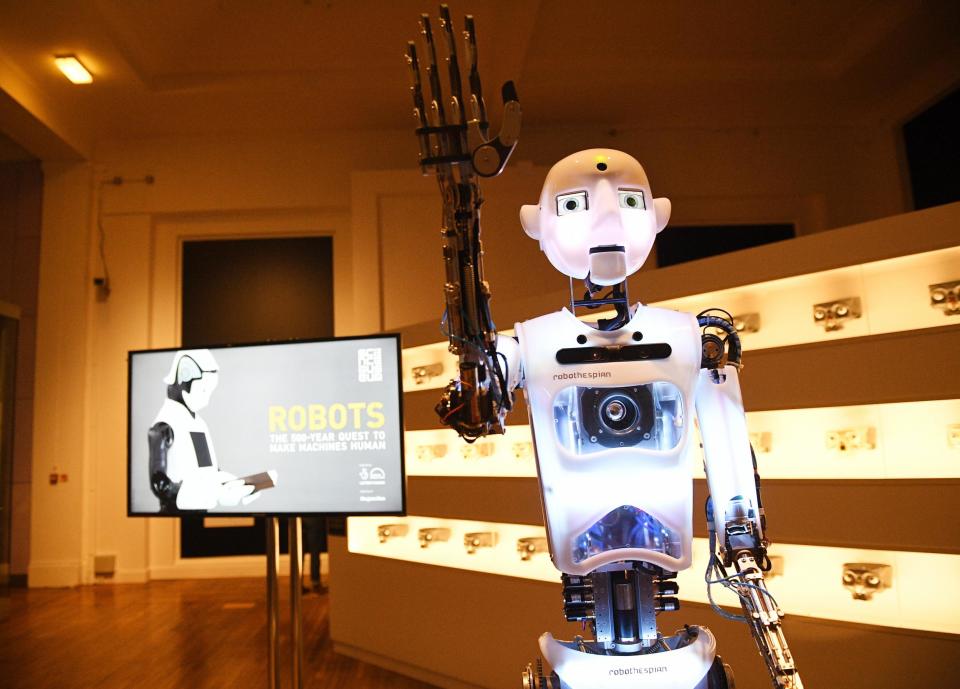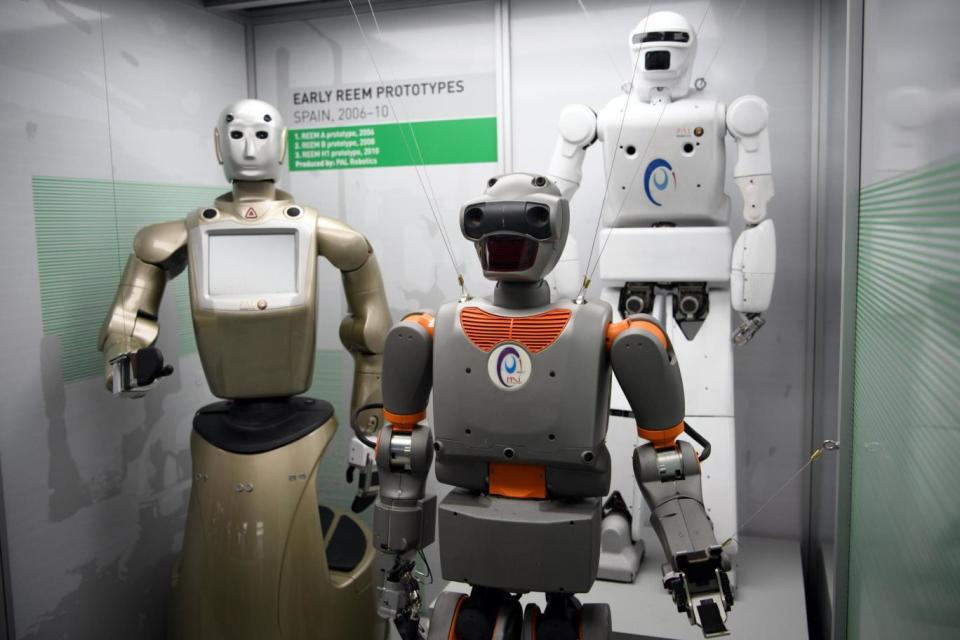Robots will 'take over third of British jobs in next 15 years'
Almost a third of UK jobs could be taken over by robots during the next 15 years, a study has claimed.
The report by PwC found that around 10 million workers are at risk of being displaced by automated machines as the robot revolution gathers momentum.
But the research also said that new Artificial Intelligence (AI) technologies could boost production and generate more human jobs.

The UK reportedly has fewer jobs at potential risk of automation than in other countries including Germany, the United States and Japan.
Jobs in transport and storage, manufacturing and retail are most likely to be taken by robots, while the lowest risk jobs are teachers, health and social workers, the report said.

John Hawksworth, chief economist at PwC, said: "A key driver of our industry-level estimates is the fact that manual and routine tasks are more susceptible to automation, while social skills are relatively less automatable.
"That said, no industry is entirely immune from future advances in robotics and AI.
"Automating more manual and repetitive tasks will eliminate some existing jobs, but could also enable some workers to focus on higher value, more rewarding and creative work, removing the monotony from our day jobs.”
Employment Minister Damian Hinds said: "We have a resilient and diverse labour market in the UK, demonstrated by the latest record-breaking figures showing more people in work than ever before.
"Whether it's in cyberspace or on the shop floor, advances in technology bring new jobs. It's only right that we embrace these opportunities, support new skills and help more people get into employment to secure a workforce of the future."

 Yahoo Finance
Yahoo Finance 